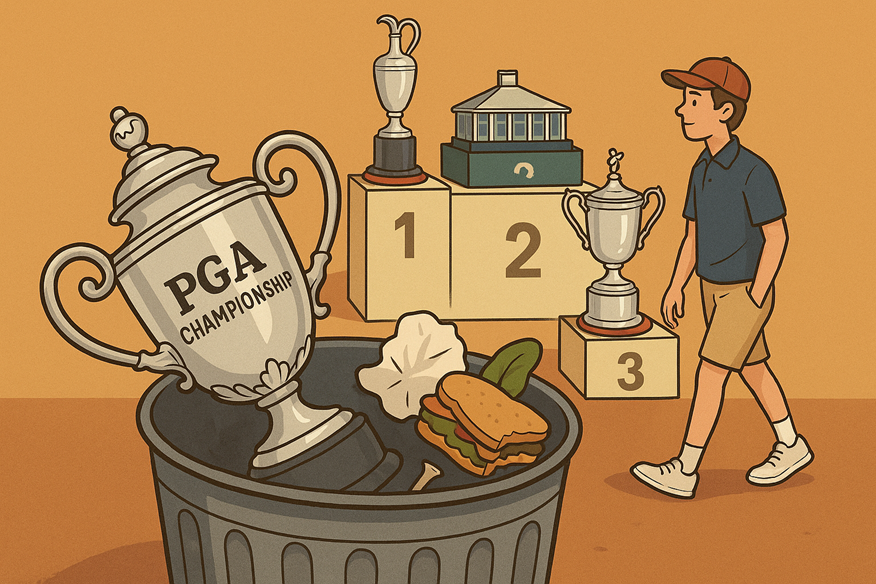Why is the PGA Championship considered the ‘worst’ major – despite having the strongest field?
Last updated:
The PGA Championship has the strongest field in golf – but still sits in fourth place in the hearts of fans and players. We explore why the “other” major just doesn’t hit the same as the other three.
Every May, the world’s best golfers gather for what is, on paper, the most competitive major of the year. The PGA Championship routinely boasts the highest ‘strength of field rating’ – a measure of the quality and competitiveness of the players in a tournament. But despite having the strongest field, it’s widely considered the weakest of the four majors.
So how does the major with the best players end up with the worst reputation?

No clear identity
The PGA Championship has an identity problem. The other three majors are dripping with heritage and distinct character that it sorely lacks.
The Masters has Augusta National – arguably the most iconic course in golf – and the warm, fuzzy feeling of tradition that even casual fans recognize. It’s the youngest of the four majors, but because it’s always at the same place, the Masters builds on its history unlike anything else. Amen Corner is infamous. The 16th is an instantly recognizable postcard. The green jacket is iconic.
The US Open offers brutal setups that push players to the limit and provide can’t-look-away refreshment in a season where winners routinely shoot 20-under-par.
The Open Championship brings us links golf, unpredictable weather, and a sense of global history that stretches back to the 1800s.
The PGA? Well, it’s… the fourth one. Except now it’s the second one. It doesn’t have a permanent venue, a traditional spot on the calendar, a clear identity, or a defining trait – unless you count “pretty good golf courses” and “lots of strong players”.
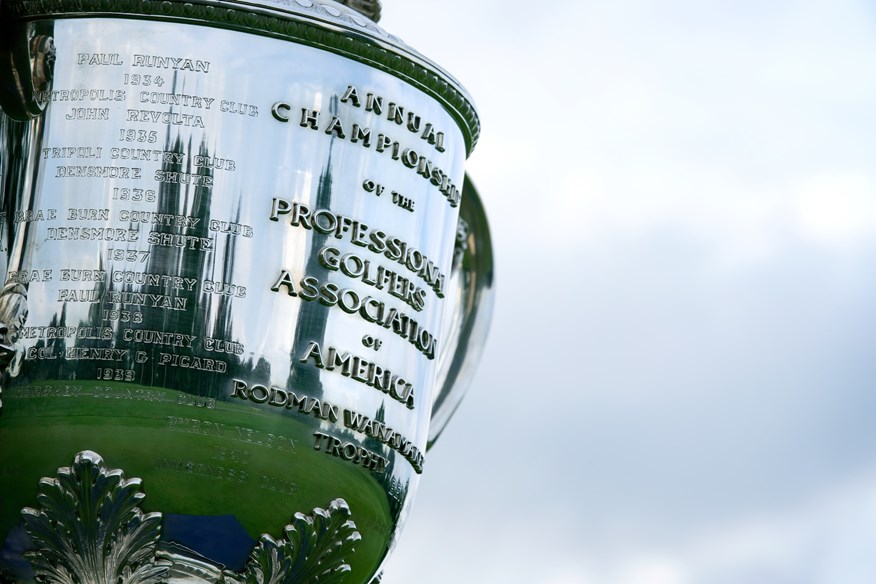
Field quality: strength vs. storylines
The PGA Championship usually features the most highly ranked players of any major, largely because its qualification criteria are so tailored toward world rankings and current form.
It invites 20 club professionals, which is a nice nod to its roots, but doesn’t exactly move the needle for fans.
The Masters is special because it’s so exclusive, with a field barely bigger than half the size of the other three majors. The US Open and the Open Championship have a romantic element in that they’re open, meaning thousands of people have the chance to qualify via regional events. The PGA Championship can feel more closed off than those two, but doesn’t have the charming exclusivity of Augusta – like a decent-but-unspectacular restaurant imposing an over-the-top strict dress code.
You’d think having the best players would be enough to boost its standing – but, weirdly, it can work against it. Without a course like Augusta to steal the show, or an external factor like brutal conditions or links golf to create chaos, the PGA can sometimes feel… clinical. Just a lot of elite golfers playing good shots on good courses. Nothing wrong with that, but it doesn’t always make for a memorable story.
“It might have the best field, but golf fans don’t tune in just for rankings,” says golf journalist Alan Shipnuck. “They tune in for stories.”
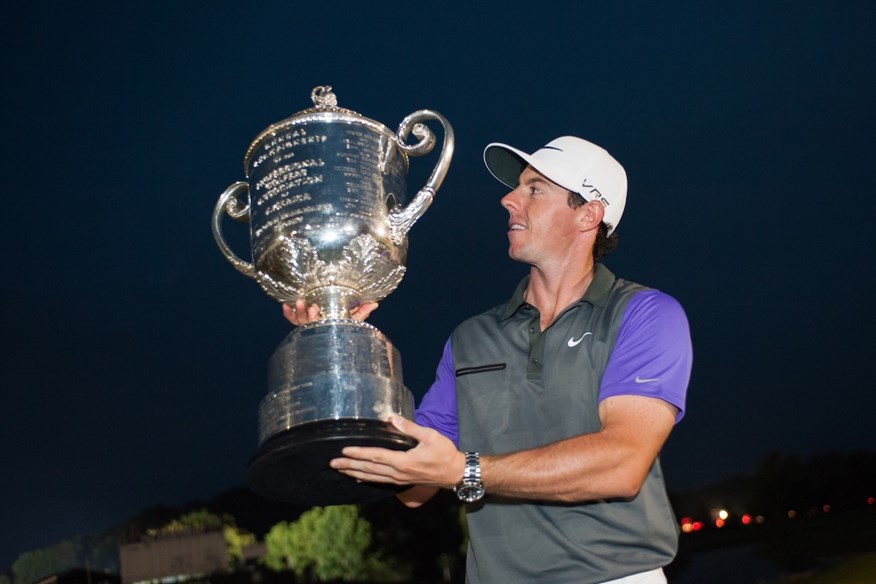
Middling memories
When you think of iconic major memories, you might picture Tiger’s chip at Augusta, Tom Watson at Turnberry, or Payne Stewart at Pinehurst. The PGA has certainly had its moments – think Y.E. Yang toppling Tiger in 2009, or Rory’s win in the dark in 2014 – but they’re fewer and farther between than at the other three tournaments.
If Jordan Spieth delivers a dramatic, grand slam-clinching victory this year, that could change, but it still has some way to go to match the history of the other three majors.
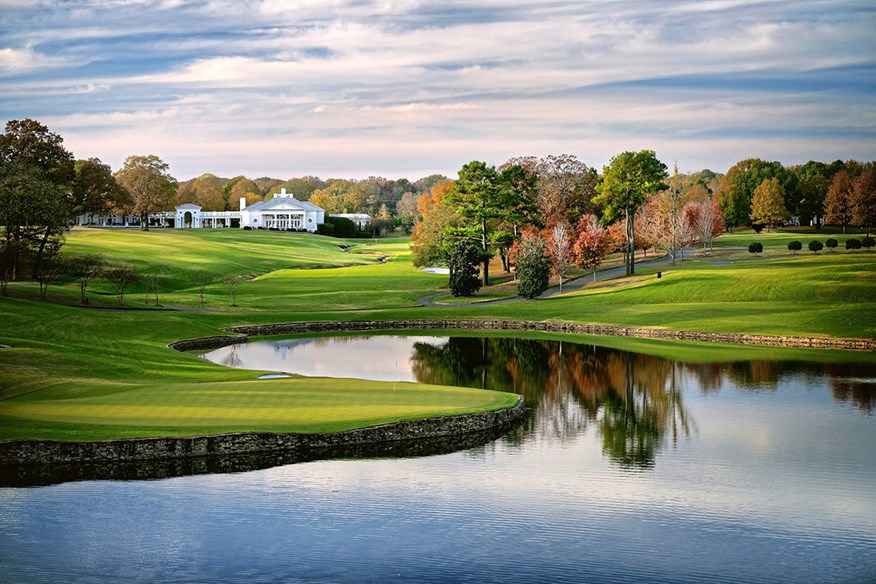
Courses: Solid but soulless?
The rotating venue list doesn’t help either.
The PGA Championship visits great tracks, no doubt. But, unlike other majors, it lacks a signature look.
No other tournament can match the visual familiarity and mythical aura of Augusta. Even non-golf fans can identify it. It’s a character in the tournament, not just a setting.
The USGA’s setups often become the story. Whether that’s a good or bad thing is debatable – but no one forgets a US Open that beats up some of the game’s greats and the winner finishes over par. It’s golf’s gladiator pit.
The Open is golf in its rawest form. Courses don’t need trees or water hazards – just wind, pot bunkers, and fescue.
The PGA? It often goes to venues that double as regular PGA Tour stops – places like Valhalla, Quail Hollow, and TPC Harding Park. They’re solid, professional, well-run courses. But that’s part of the problem. The tournament can end up feeling like a supercharged PGA Tour event rather than a transcendent golf spectacle.
While courses like Southern Hills and Kiawah Island have real pedigree, they don’t quite carry the spiritual weight of Augusta, the terror of a baked-out U.S. Open layout, or the raw romance of linksland. Even when the PGA lands at a great course, it rarely feels like a grand return to hallowed turf.
The other three majors have iconic venues and a distinct playing identity. The PGA Championship plays on excellent courses – but they’re rarely unforgettable.
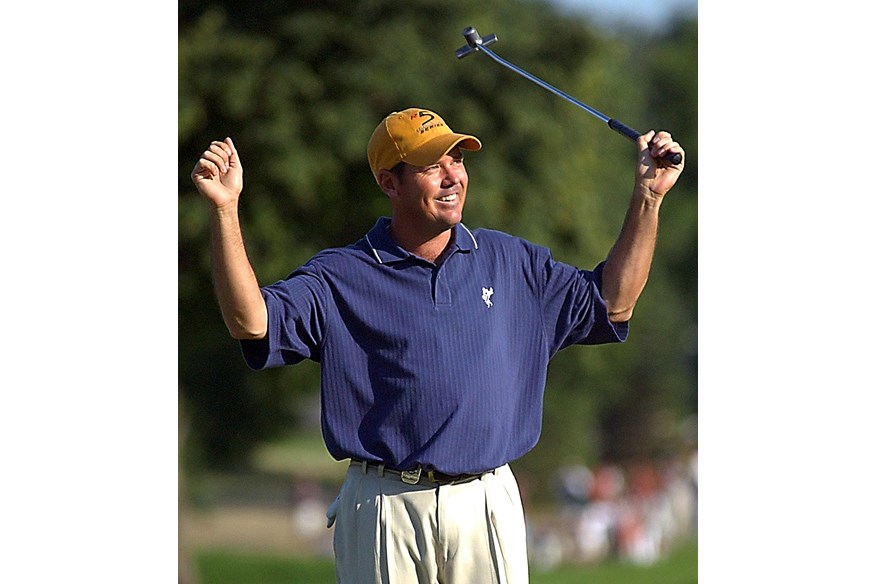
Winners: Impressive but not iconic?
The PGA Championship has crowned some all-time greats, including Tiger, Rory, Phil, and Jack, but it’s also the major most likely to produce a “wait, who?” champion you’ll kick yourself for failing to remember at a pub quiz. (Make a mental note of Rich Beem, Shaun Micheel, Jeff Sluman, and David Graham – any of whom could get you and your team 10 points at some point.)
That’s partly because it rewards current form over historical pedigree when it comes to qualification. That unpredictability can be fun, but it also weakens the lore.
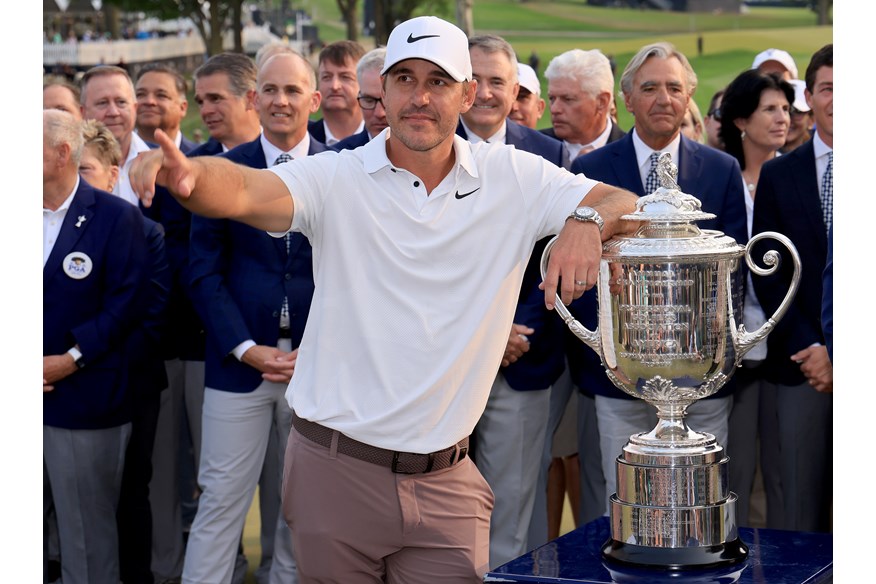
Prestige: You can’t manufacture magic
If you asked 100 golf fans – or tour pros, for that matter – to name the major they’d most like to win, the PGA Championship might not receive a single vote (unless you asked three-quarters-of-the-way-to-the-grand-slam Jordan Spieth). Ask them to rank the four and the PGA Championship will be bottom in almost everyone’s list.
“I’d rather win the Open or the Masters,’ said Rory McIlroy in 2021. “Everyone would. That’s just how we grow up thinking.”
The Masters is the fairytale. The U.S. Open is the trial. The Open Championship is the pilgrimage.
“The PGA is like the fourth Beatle,” said one tour pro. “Still important, but you’re not putting it on your wall.”
That doesn’t mean that every player in the field isn’t desperate to win it. A major is a major, after all. Just ask three-time champion Brooks Koepka, who admittedly may be slightly biased: “It still feels just as meaningful when you lift that Wanamaker Trophy,” he says.
Floating in space and time
The fact the PGA Championship was moved from August to May was supposed to help it – but, if anything, it served as further evidence that it needed help.
Its current slot might be better – no longer an afterthought tagged on to the end of the three majors everyone cares about at a time when thoughts are turning to the Ryder Cup or the start of the football season – but it still feels like a lull. The Masters is still fresh in everyone’s minds; the US Open looms just weeks away – the PGA Championship often feels like a filler episode, rather than the main event.

So… Is it actually the “worst” major?
Calling it the “worst” is a bit harsh. The PGA Championship is a major. It matters. Winning it defines careers. It’s no coincidence that many all-time greats have multiple PGAs on their CVs.
But, in the hearts of golf fans, it still feels like the most skippable one. Not because the golf is worse, but because the narrative is weaker. It’s not as visually distinct, not as historically rich, and not as emotionally charged. It’s the most technically sound major – but still the least loved.
Will it ever change?
Unless the PGA finds a way to carve out a clearer identity – something beyond just field strength – it’s destined to stay in fourth place. That’s not a knock. That’s just the reality of trying to stand out in a sport built on nostalgia, pain, and pageantry.
Judged purely on talent and performance, the PGA Championship more than holds its own. It’s a warm-up gig packed with stars – just missing the lights, stories, and spectacle that make a headliner unforgettable. But hey – being the fourth Beatle isn’t so bad.
